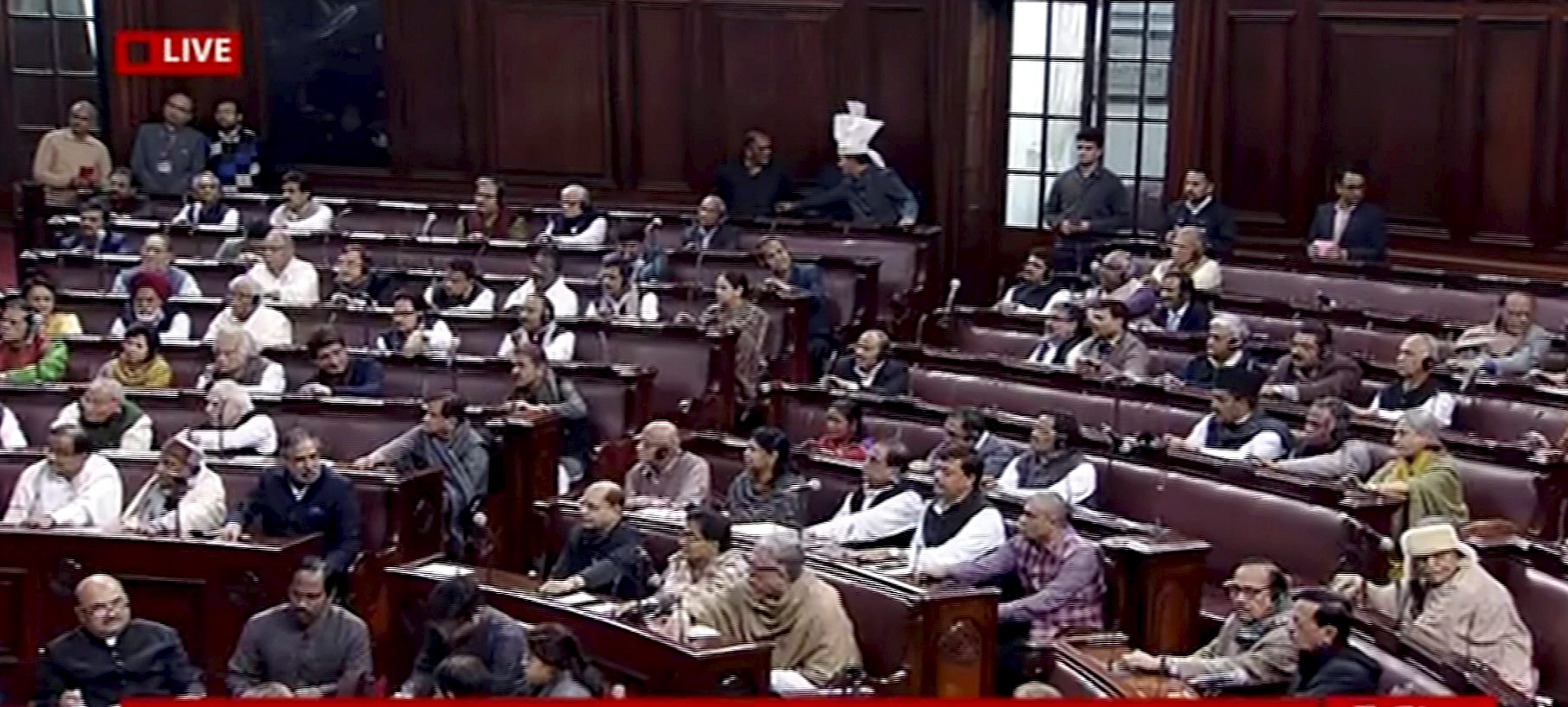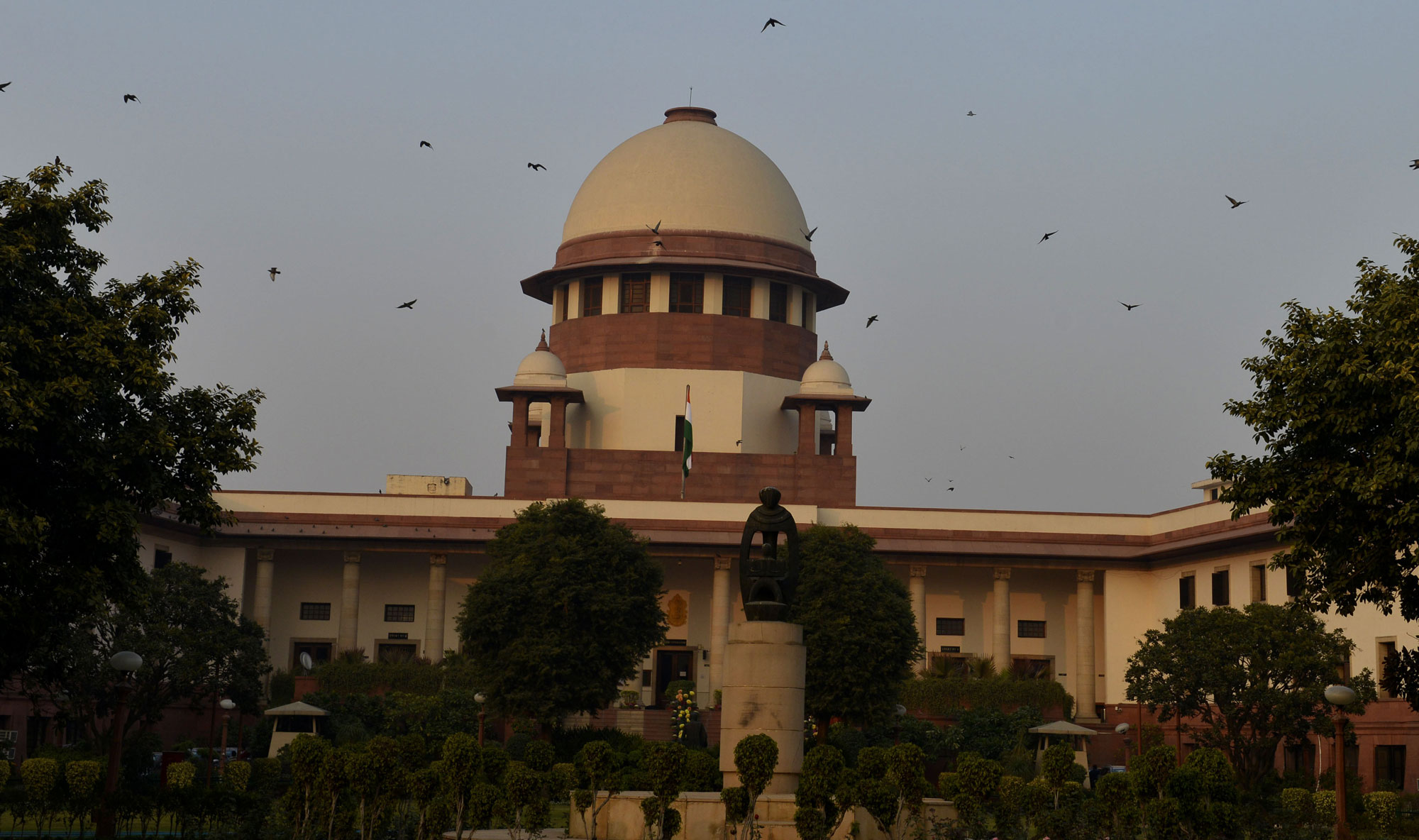Nowadays, even a constitutional amendment is taken lightly. This is suggested by the speed at which the National Democratic Alliance’s proposal to extend 10 per cent reservations to economically backward sections of the ‘general’, or outside reservations, category was turned into a bill. The bill itself has all the marks of frantic haste, lacking clarity on many levels, while its sudden appearance on the penultimate day of the winter session can only be interpreted as the Bharatiya Janata Party’s desperate attempt to regain ground after losing the assemblies in Madhya Pradesh, Rajasthan and Chhattisgarh. The Narendra Modi-led government flourishes on the weakness of others. The Opposition was rendered dumb, apparently, by misplaced political correctness, terrified that it might be seen to be anti-poor if it objected to the complete lack of discussion of the issue and the lack of preparation for it.
Can the Constitution be taken so lightly? It clearly envisages quotas for those who have been rendered socially backward because of historical injustice, thus making economic backwardness incidental to social backwardness. Article 16(4) identifies such groups as those under-represented in the services of the State. The new bill makes nonsense of the principle of social backwardness and equates economically backward people among those with social advantages with groups under-represented in government services. Besides, the idea is not new. A nine-judge bench in the Supreme Court had struck down a similar proposal in the Indra Sawhney case in 1992 because economic criteria cannot be the only indicator of backwardness. The Supreme Court also discerns equality as a defining feature of the Constitution’s philosophy. It has capped reservations at 50 per cent except in extraordinary circumstances, and repeatedly ruled against attempts to increase it. Otherwise the notion of equal opportunity would be undermined. Where does the new quota go? Reservations are used by political parties to garner votes; this government has simply been more cynical and blatant than most. Yet reservations have no virtue per se. A serious concern for social justice would have led to time-bound reservations with regular monitoring by successive governments, with unswerving attention to education for all. Only that would produce employable people of all categories.












